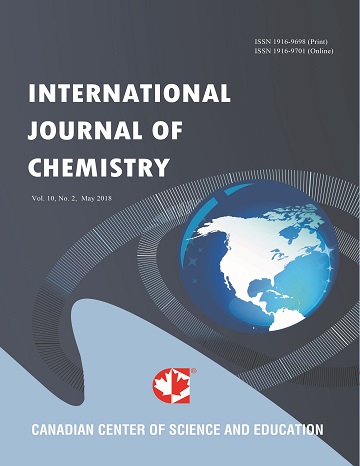Authentication of Dog Fat With Gas Chromatography-Mass Spectroscopy Combined With Chemometrics
- Any Guntarti
Abstract
Indonesia is a country with a majority of Muslim population. As a Muslim majority country, providing halal products becomes a liability. The problem that has received a lot of attention right now is the concern that contamination of food products by meat, one of them is dog meat. The purpose of this study was to authenticate dog fat by using Gas Chromatography-Mass Spectrophotometry (GC-MS)combined with chemometrics.
Dogs that used in the study were taken from Bantul, Yogyakarta. Dog snacks were heated in an oven at 90-100ᵒC for approximately one hour. Oils / fats obtained from derivatization process was carried out by using NaOCH3 and BF3. The methyl ester compound was injected into the GC-MS instrument system.
The Results of this study was dog fat that analyzed by GC-MS contains 9 types of fatty acids, namely: lauric (1.19 ± 0.25)%, myristate (4.33 ± 0.30)%, pentadekanoate (0.12 ± 0.02)%, palmitoleate (4.60 ± 0.07)%, palmitate (12.80 ± 2.90)%, margarate (0.13 ± 0.09)%, oleate (44 , 33 ± 5.22)%, stearic (14.71 ± 0.32)%, and arachidonic (1.29 ± 0.11)%. Total content of fatty acids in dogs was 50.22% and saturated fatty acids were 33.03%. Chemometric grouping with the Principles Component Analysis (PCA) shows that dog fat is very close to lard. The fatty acids that contained in dog fat can be used to authenticate dog meat.
- Full Text:
 PDF
PDF
- DOI:10.5539/ijc.v10n4p124
Index
Contact
- Albert JohnEditorial Assistant
- ijc@ccsenet.org
